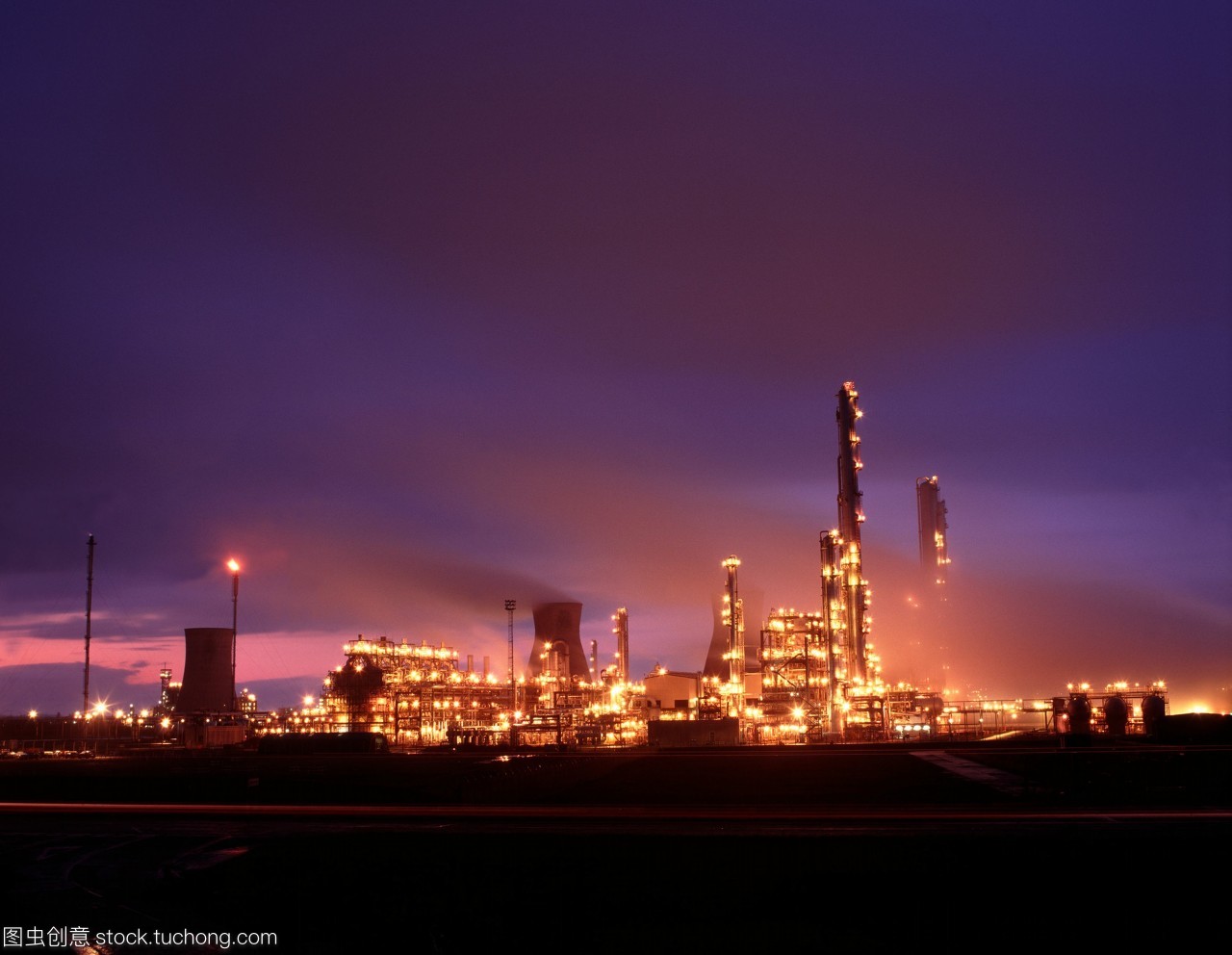Scotland’s Sole Oil Refinery Shuts Down for Good

The only refinery in Scotland has stopped processing crude oil after 100 years of operation, as planned by its owners who announced the decision in the autumn of 2024.
Last September, the owner of Scotland’s Grangemouth refinery, Petroineos, announced plans to close the crude processing facility as it has been struggling to compete with the new complex facilities in Asia, Africa, and the Middle East.
Petroineos, a joint venture between PetroChina and INEOS, said it would transition the site to a finished fuels import terminal and distribution hub during the second quarter of 2025, subject to consultation with employees.
“Grangemouth refinery is no longer processing crude oil,” Iain Hardie, regional head of legal and external affairs, said on Tuesday.
“From today, we will be importing all the products necessary to meet Scotland’s demand for transport fuels,” Hardie added.
The Grangemouth refinery, which was opened by the predecessor of BP in 1924, expanded its production into petrochemicals in the 1950s.
However, the facility with a refining capacity of 150,000 barrels per day (bpd) has been unable to compete with the massive new refineries that major oil firms and refiners have built in Asia and the Middle East in recent years.
The closure of the refinery resulted in a total of 430 jobs lost, while about 70 employees will remain to oversee the new business of fuel imports at the complex.
Sir Jim Ratcliffe, owner of chemicals and energy giant Ineos and one of Britain’s richest people, this week called on the UK government to reduce the carbon fiscal burden on energy-intensive firms.
Ineos said that the company faces $20.1 million (15 million British pounds) for its obligations under the UK Emissions Trading System.
“This is not just INEOS, this is a reality for British manufacturers up and down the country: carbon emissions taxes and excessive energy costs are squeezing the life out of the sector,” Ratcliffe said on Tuesday, noting that “A tax designed to reduce emissions is, in practice, killing manufacturing, making the UK more dependent on imports and increasing emissions.”




